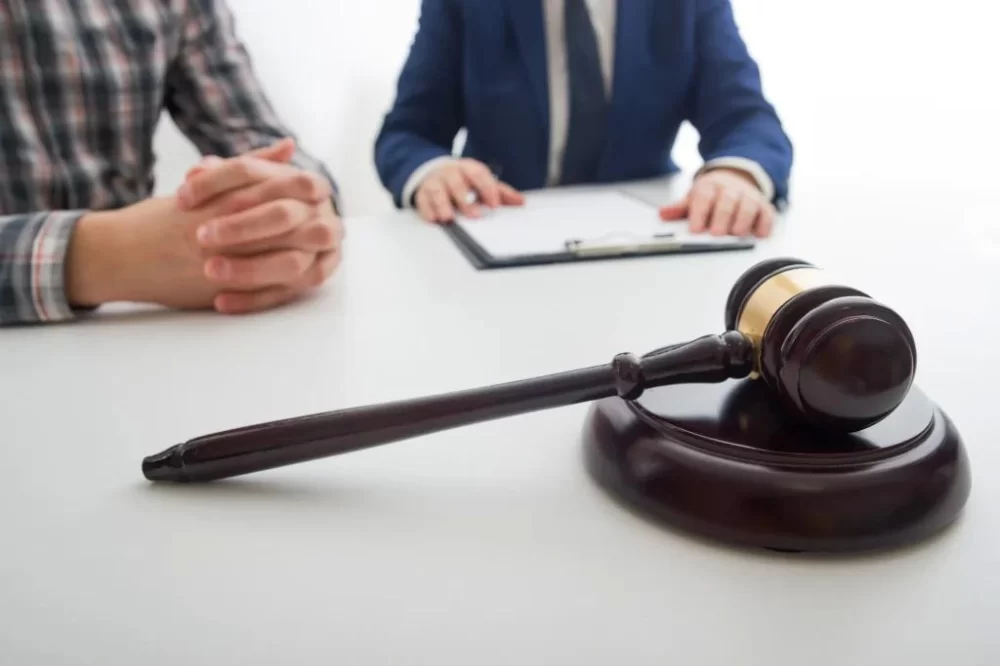- understanding-fraud-charges-in-criminal-law
- key-elements-of-a-fraud-case
- strategies-for-defending-against-fraud-charges
- real-world-fraud-defense-cases
- importance-of-legal-counsel-in-fraud-cases
1. Understanding Fraud Charges in Criminal Law
Fraud charges in criminal law are among the most serious allegations an individual or business can face. The legal system treats fraud as a deliberate act of deception intended to secure an unfair or unlawful gain. This can include actions such as falsifying documents, misrepresenting facts, or manipulating financial records. In many jurisdictions, fraud can lead to severe criminal penalties, including imprisonment and heavy fines.
For anyone accused of fraud, understanding the basic legal framework is essential. Criminal law defines fraud not just by the outcome—such as financial loss—but by the intent behind the actions. Prosecutors must show that the accused knowingly and willfully intended to deceive another party. This requirement makes fraud cases complex and fact-intensive, and defending against fraud charges requires a deep understanding of both the law and the unique circumstances of each case.
If you or someone you know is facing accusations of fraud, the initial shock and stress can be overwhelming. But it’s important to remember that a charge is not a conviction, and everyone is entitled to a robust legal defense. Consulting with experienced professionals like those at Fred Miller Lawyer can be a critical first step.
2. Key Elements of a Fraud Case
Every fraud case in criminal law revolves around several core elements that the prosecution must prove beyond a reasonable doubt. First, there must be a misrepresentation or false statement—something the defendant said or did that was untrue or misleading. Second, the prosecution must show that this misrepresentation was intentional, not simply a mistake or misunderstanding. Third, the falsehood must have caused another person or business to act, resulting in some form of harm or loss.
These elements might sound straightforward, but in reality, they are rarely clear-cut. For instance, disagreements over the meaning of a contract or the interpretation of financial data can quickly become complicated. The prosecution has the burden to connect all the dots, and the defense has an opportunity to challenge each part of the case.
Understanding these elements is the foundation for any successful defense. It allows defendants and their attorneys to spot weaknesses in the prosecution’s case and to build a defense strategy tailored to the facts.
3. Strategies for Defending Against Fraud Charges
Building a strong defense against fraud charges in criminal law demands both legal knowledge and strategic thinking. One of the most common defenses is to challenge the intent element—showing that there was no deliberate intent to deceive, but perhaps a misunderstanding or a genuine mistake. Another strategy might involve disproving that any false statement was made, or that the alleged victim did not actually suffer a loss.
Documentation is key. Defendants should gather all relevant records, communications, and evidence that support their version of events. For example, emails demonstrating honest business efforts or records that show transparency can be powerful tools in court. Expert witnesses—such as accountants or industry specialists—are often brought in to interpret complex financial matters or provide context.
Negotiating with prosecutors is another important aspect. In many fraud cases, especially where the evidence is not clear-cut, a skilled lawyer can negotiate reduced charges or alternative resolutions. Every case is unique, so the defense strategy should be customized to fit the specific facts and legal issues involved.
At times, media coverage and public perception can influence a fraud case. Managing the narrative with clear, factual statements and strong legal representation is crucial. Working with an experienced attorney, like those at Fred Miller Lawyer, ensures that your interests are protected both inside and outside the courtroom.
4. Real-World Fraud Defense Cases
Fraud cases regularly make headlines, and real-world stories help shed light on how criminal law works in practice. One notable example involved a financial executive accused of misrepresenting company profits to investors. The prosecution alleged deliberate fraud, but the defense argued that the discrepancies were due to complex accounting standards and industry-wide practices, not intentional wrongdoing. After expert testimony and careful cross-examination, the jury found reasonable doubt and acquitted the executive of all charges.
Another high-profile case saw a small business owner accused of wire fraud related to government relief funds. The business owner, who had never faced legal trouble before, was able to demonstrate that any errors in the application process were the result of confusion during an unprecedented economic crisis, rather than a scheme to defraud. By providing full cooperation and transparency, and with the help of a skilled defense attorney, the charges were reduced and eventually dismissed.
These stories highlight how defending against fraud charges is rarely about a single moment of truth. It’s an ongoing process of presenting facts, challenging assumptions, and demonstrating that justice requires a thorough examination of every detail.
5. Importance of Legal Counsel in Fraud Cases
Facing fraud charges in criminal law can be life-changing. The stakes are high, and the rules are strict. For anyone in this situation, professional legal guidance is not just helpful—it’s absolutely essential. An experienced fraud attorney can assess the evidence, spot weaknesses in the prosecution’s case, and advise on the best course of action, whether that means going to trial, seeking a settlement, or negotiating a plea.
The right legal support can also help manage the stress and uncertainty that come with criminal charges. Your attorney will guide you through each step, ensure your rights are protected, and work tirelessly for the best possible outcome. If you’re seeking reliable advice and a strong defense, the team at Fred Miller Lawyer is dedicated to providing expert support tailored to your case.
Ultimately, defending against fraud charges in criminal law requires both knowledge and resilience. By understanding the law, preparing a strategic defense, and partnering with experienced legal professionals, you give yourself the best chance of moving forward and rebuilding your life.


 nazaryan law
nazaryan law eric dinnocenzo
eric dinnocenzo hill and moin
hill and moin fogelgaren
fogelgaren shaw divorce & family law llc
shaw divorce & family law llc la century law reviews
la century law reviews